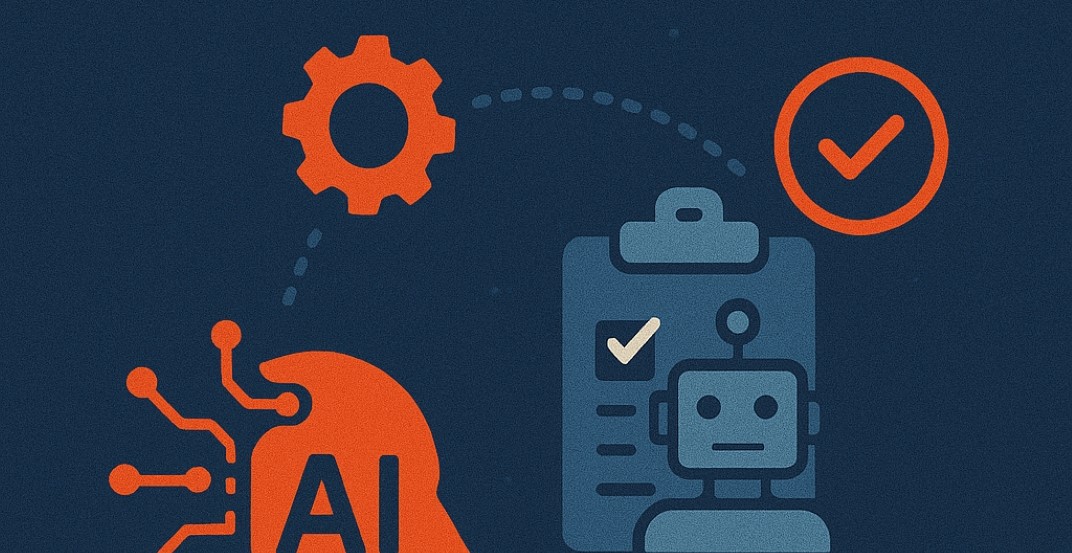
The Nigerian business landscape is undergoing a profound transformation, driven by technological advancements, evolving regulatory demands, and increasing global integration. At the heart of this change lies the burgeoning field of Legal Technology, or LegalTech. No longer a niche concept confined to large international law firms, LegalTech – particularly solutions powered by Artificial Intelligence (AI) and automation – is rapidly becoming an essential toolkit for Nigerian corporations seeking enhanced efficiency, robust compliance, and a competitive edge.
As businesses navigate complexities ranging from the Nigeria Data Protection Act (NDPA) 2023 and its implementing directive (GAID 2025) to dynamic tax regulations and the intricacies of cross-border trade under AfCFTA, the traditional methods of managing legal and compliance functions are proving increasingly inadequate. The sheer volume of data, the pace of regulatory change, and the demand for faster, more cost-effective operations necessitate a paradigm shift. LegalTech, infused with AI and automation, offers a powerful pathway forward.
While adoption is still gaining momentum compared to some global markets, Nigeria's LegalTech scene is vibrant and growing. Initially focused on foundational tools like digital case management and basic legal databases, the landscape is now seeing increased sophistication. Local innovators are developing platforms tailored to the Nigerian context, while established international solutions are also finding traction.
Key drivers accelerating adoption include: